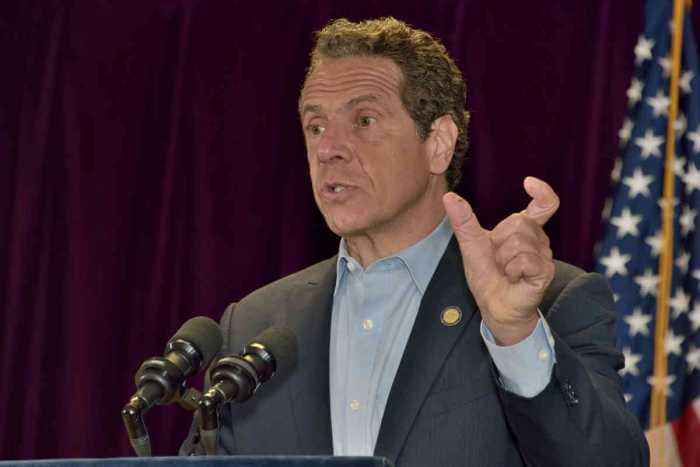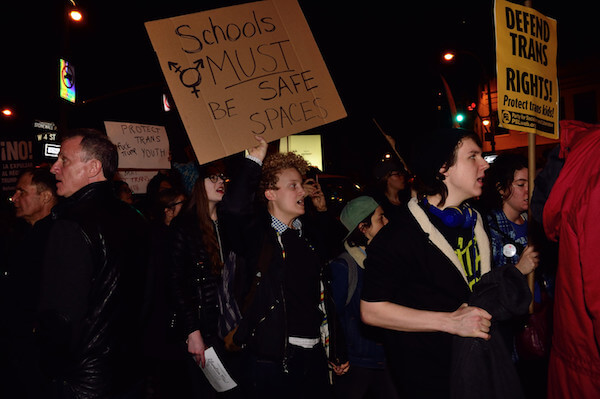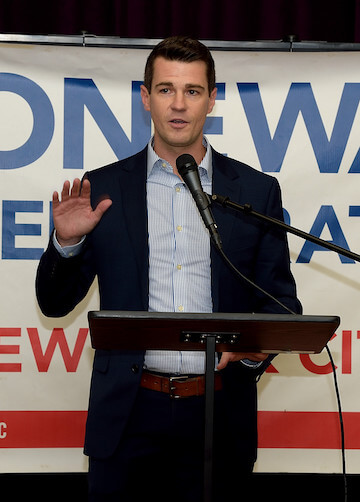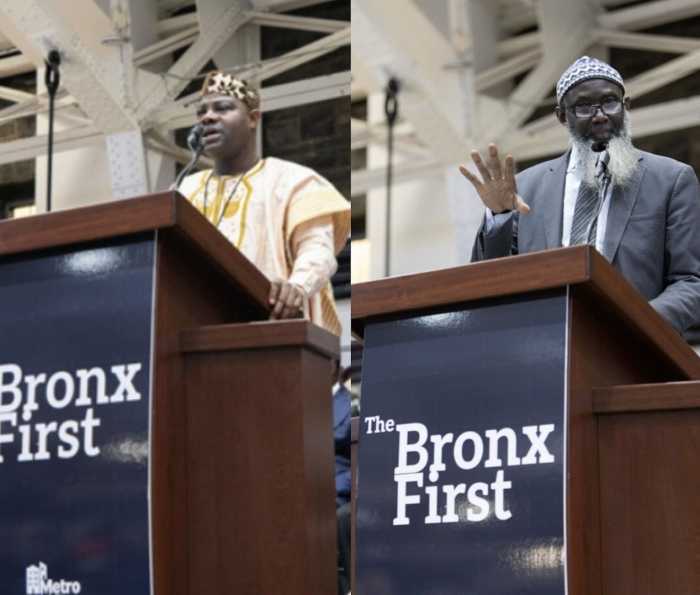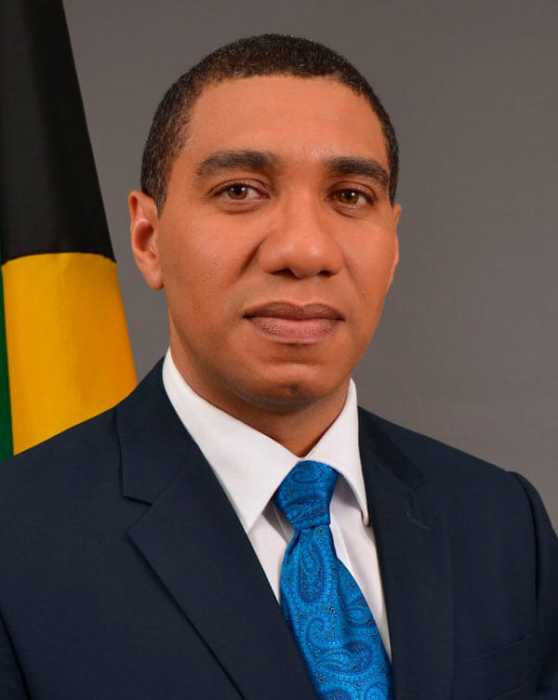BY PAUL SCHINDLER | In the November 2012 election, Democrats won a majority of the seats in the New York State Senate, which is something of a remarkable feat. In the last generation, only for a brief period after the 2008 election have Democrats wielded Senate control. That’s because each chamber of the Legislature dictates its own redistricting formula to account for Census findings every 10 years. And Republicans have held on to the Senate through gerrymandering aimed at thwarting the blue direction in which New York State has moved decisively in recent decades.
To be sure, the Assembly takes care of its Democrats, but that party so dominates over the GOP in this state that a lopsided Democratic majority would be inevitable in the Assembly under any conceivable scenario. The Republicans’ ability to hold the Senate is the anomaly in state politics — and it’s a sign of how marginalized the GOP has become here that despite the redistricting shenanigans, Democrats have won the most seats in two of the past three legislative elections.
It’s unfortunate, then, that the will of New York voters that Democrats control both the Assembly and the Senate has been thwarted over the past 18 months by a five-member bloc known as the Independent Democratic Caucus (IDC), members elected on the Democratic Party line who defected from their party in order to share power with the Republicans. The IDC members have argued they bring a progressive voice to the Senate leadership, curbing the risk for Tea Party excesses on the part of their Republican coalition partners.
We’ll acknowledge upfront that all five members of the IDC voted in favor of marriage equality in 2011, with Staten Island’s Diane Savino being a particularly eloquent voice in the first, unsuccessful floor debate on that bill 18 months earlier. Two other IDC members, Tony Avella and David Carlucci, first won election to the Senate in 2010 as gay marriage advocates.
But the IDC has not proved to be an effective progressive voice in the Senate leadership — whether on Governor Andrew Cuomo’s call for a comprehensive Women’s Equality Act or in the push for effective campaign finance reform. The Senate tried to gut the women’s initiative over the issue of a woman’s right to choose and has stonewalled on reforming our way of electing state officials.
For our community, there is no evidence whatsoever that the IDC’s continued enabling of Republican Senate control has been helpful in achieving key goals. Transgender rights have clearly been stalled. An effort to end police use of condoms found on people stopped for searches as evidence in prostitution arrests has won support in the Assembly but failed to make traction in the Senate. Among the top LGBT priorities, only the effort to curb “conversion therapy” treatment on LGBT youth by mental health professionals has a shot at getting a hearing by the Senate before it adjourns next week — and there is not yet any guarantee on that score.
Two weeks ago, we called on Governor Andrew Cuomo and IDC leader Jeff Klein to speak out on behalf of the long-stalled Gender Expression Non-Discrimination Act (GENDA). Senate sponsor Daniel Squadron, a Lower Manhattan-Downtown Brooklyn Democrat, has worked hard since assuming the lead role on that bill two years ago to build public awareness on the need for action. He held a compelling hearing and prevailed on top police officials around the state — including former NYPD Commissioner Raymond Kelly — to knock down the canard that transgender civil rights protections will somehow compromise public safety in sex-segregated facilities such as bathrooms. Even as Squadron and advocates like the Empire State Pride Agenda continue to press the issue, the outlook this year is grim — and that is all about the continued GOP lock on the Senate.
As Nathan Riley reports in this issue, a City Council hearing this week added fuel to the drive to enact state legislation barring use of condoms as evidence of prostitution. That practice has led to the harassment of queer youth and the targeting of transgender women and is also wholly inconsistent with the public health goal of having everyone — whether sex workers or queer youth — with condoms at the ready when sex is in the offing.
Last year, the Assembly passed such legislation, but it has not acted yet this year, perhaps because the bill’s Senate sponsor, Velmanette Montgomery, a Brooklyn Democrat, has been frustrated in her hopes of gaining leadership support in her chamber. The Assembly, however, should go ahead and pass the bill again anyway, if for no other reason than to hold up for all to see the intransigence of the Senate on basic questions of common sense.
The best hope for a “gay win” this year — and it’s unfortunate Albany politicians continue to think of the LGBT community as a group that can be satisfied by one “goody” every two years — comes on the “conversion therapy” or “sexual orientation change efforts” bill. Two weeks ago, out gay Manhattan Democratic Senator Brad Hoylman, who sponsors the measure in tandem with his out lesbian Manhattan Assembly Democratic colleague Deborah Glick, offered cautious optimism about its prospects. Hoylman pointed to public statement by the IDC’s Klein and by the governor in support of the bill, but significantly neither he nor the Pride Agenda claimed specific conversations with either Klein or Senator Dean Skelos, a Long Island Republican who is the senior member of the IDC-GOP leadership team.
So, our one prospect for a win this session of the Legislature comes down to the political will and political clout of the tiny IDC faction in the Senate. If Andrea Stewart-Cousins, a Westchester Democrat and the Senate’s minority leader, ran the show, there’s a very good chance that two or even all three of these measures would now be headed for final approval.
After the deal Cuomo struck late last month with the Working Families Party to press to regain the Senate for the Democrats in November, there has been talk the IDC might be ready to return home to their party. They should have done so already. It’s long past time for the Independent Democratic Conference to rejoin the Democratic wing of the New York State Democratic Party.

